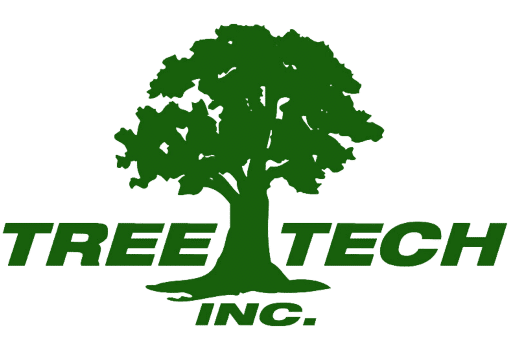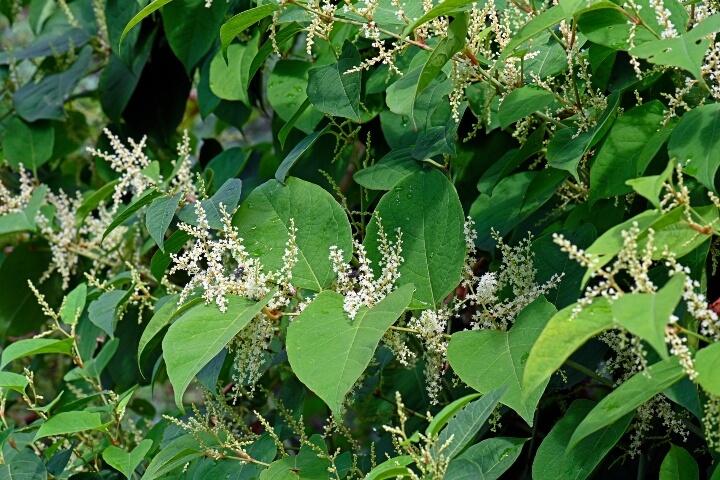
Fast-growing, non-native plants can do more than just ruin the look of your yard. Over time, they can also damage local ecosystems and devastate native plant or wildlife populations. Though it can feel challenging to deal with stubborn invasive plants that keep cropping up, doing so will protect the health and longevity of your landscape. Luckily, the experts at Tree Tech, Inc. make invasive plant management easy! We offer identification, removal, and long-term exclusion services to keep harmful species from disrupting your property. When you need quality invasive plant control services, you can count on our team.
Common Invasive Plants in Eastern Massachusetts
Knowing about the common invasive plants in your area can help you identify harmful species before they can spread or damage your landscape. The sooner you spot and eliminate non-native plants, the healthier and happier your property will be. Some of the most common invasive plants in the Eastern Massachusetts area to watch out for include:
- Japanese Knotweed: Has heart-shaped leaves, white flowers, and can grow up to 10 feet in height.
- Oriental Bittersweet: Grows as a vine with yellow-orange fruit capsules that are red in the inside.
- Common Buckthorn: Bears dark-colored fruit and has oval-shaped leaves. Can grow up to 20 feet vertically.
- Norway Maple: Is a deciduous tree that has broad leaves with five prominent lobes. Can grow up to 60 feet.
Invasive Plant Removal for Homes, Businesses, and More
Suspect there’s an invasive plant in your yard? The experts at Tree Tech, Inc. can help identify the species and develop a custom elimination plan to protect the native species in your yard. Our team of ISA-certified arborists have over 35 years of experience serving homes, commercial properties, and municipalities throughout the Eastern Massachusetts area, so we know exactly how to handle common invasive species while preserving the health of your native landscape. No matter how large or how small your property is, invasive plant management is crucial. If you need help with invasive plant identification or removal, give us a call!
Need a Tree and Plant Healthcare Estimate?
Click below to leave your information and we will call you right back!
Ready to schedule your tree & plant care service?
Leave your information below and we will give you a call back.
*During normal business hours. After hours calls will be returned the next business day.
Invasive Plant FAQs
Why are invasive plants a problem?
Invasive plants are a problem because they displace native plants, which reduces biodiversity over time. If the invasive species aren’t removed or controlled, they can cause a variety of problems in your landscape and the environment by:
- Displacing native plants, including endangered species: Unlike native plants, invasive species do not have natural predators or competition. For this reason, they can grow at an uncontrollable rate. Large populations of invasive species add to the competition against native plants, which causes important local species to die off.
- Affecting local pollinators and animals: Native plants play an important role in local ecosystems by providing necessary nutrients, shelter, and resources for local wildlife. Since invasive species do not offer the same benefits, they can have a significant impact on the local environment by displacing useful and necessary native plants.
- Degrading soil quality and decreasing water flows: Invasive plants can alter nutrient cycles and change soil structure with their root systems. Over time, this may alter the way that water and nutrients travel through soil. A change in soil quality and waterflow will not only prevent local species from thriving, but it can also increase runoff and erosion on your property.
Why do invasive plants spread so quickly?
Invasive species often grow and reproduce faster than native species, in part because they lack natural predators or competition in their new environment. They may also be impervious to common pests or diseases. Without having to compete for survival, their populations can increase at significantly faster rates than native plants.
How do you stop invasive plants from spreading?
Professional invasive plant control is the best way to stop the spread of non-native species. However, there are also a few other steps you can take to protect your property:
- Clean hiking and other outdoor recreational gear after use
- Use a boot brush station to remove seeds after hiking
- Brush your pet’s paws after spending time outdoors
- Select native plants when planning your landscape
- Learn to identify and remove invasive species in your yard
- Apply mulch to garden beds to prevent seeds from spreading
How do you get rid of invasive plants naturally?
Eliminating invasive species without damaging native plant populations can be a challenging task, which is why we recommend working with a plant care professional. They will be able to create a personalized and environmentally conscious plan to remove and prevent any invasive plants on your property. To assist in the control efforts, you can also hand-pull any invasive plants you notice in your yard.
Should I report an invasive plant sighting?
If you have the time, reporting invasive plant sightings can be incredibly helpful to larger elimination efforts. Experts and volunteers use sighting information to create a plan of attack against non-native species. Want to report an invasive plant sighting in Eastern Massachusetts? Visit the Rhode Island Department of Environmental Management’s site and fill out this form.
Professional Invasive Plant Control Services
If left uncontrolled, invasive plants can wreak havoc on your landscape and local ecosystem. While it can feel overwhelming to deal with these harmful plants, you don’t have to deal with it all on your own! The experts at Tree Tech, Inc. have your back. Our highly knowledgeable team has years of experience serving the Eastern Massachusetts area, so we are very familiar with best practices that will not only eliminate invasive species, but also promote the health and longevity of native plants. We proudly provide services for properties ranging from small households to full municipalities. If you notice invasive plants on your property, give us a call!
Invasive Plant Management in Eastern Massachusetts
Also Serving Rhode Island
Boston | Worcester | Cambridge | Brockton | Quincy | New Bedford | Fall River | Newton | Foxboro | Framingham | Plymouth | Attleboro | Taunton | Hingham | Needham | North Attleboro | Norton | Easton | Franklin | Walpole | Dover | Westwood
Providence | Warwick | Cranston | Pawtucket | Newport | Woonsocket | Cumberland | Coventry | Newport | Johnston | North Kingstown | Bristol | Portsmouth
Home » Tree and Plant Healthcare » Invasive Plant Management
